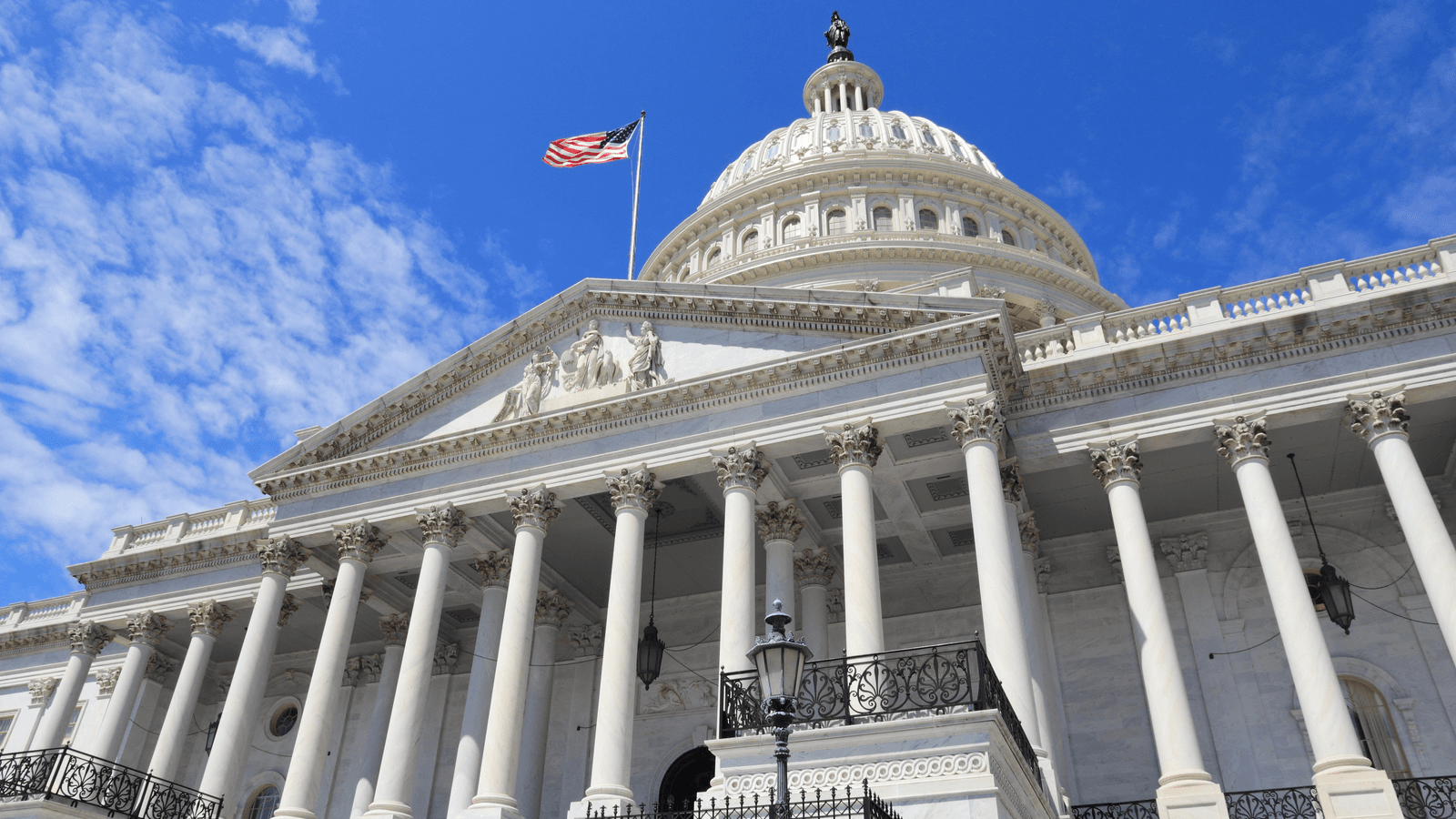CFTC Chair Asks Congress for Greater Oversight on Crypto Market
The CFTC wants greater powers in addition to $100 million in federal budget funding to regulate the digital asset cash commodity market

US Capitol Building. Source: Shutterstock
- The CFTC wants greater powers to regulate the digital asset cash commodity market
- The regulator is seeking $100 million in additional funding to build expertise
The chairman of the Commodity Futures Trading Commission (CFTC) told a Senate committee hearing Wednesday that his agency wanted to be charged with regulating the cryptocurrency spot market.
During a Senate Committee on Agriculture focused on “Examining Digital Assets: Risks, Regulation, and Innovation,” CFTC Chairman Rostin Behnam said there was no authority to effectively oversee crypto spot trading activity.
“Any cash commodity markets benefit from federal oversight, however, the digital asset market, which at present is most directly supervised through state money transmitter licenses, is unique and presents many novel issues for the CFTC, given our limited authority to police these markets,” said Behnam.
Behnam pointed to digital assets and decentralized finance being beyond the research stage and said his agency was “well situated” to play a central role in the digital asset cash commodity market. Cash commodities refer to physical goods, in this case, bitcoin and ether, as opposed to derivatives.
Asked what he thought was the single most effective action Congress could take to address customer protections, Behnam said Congress should bring regulatory structure to the crypto market.
As such, the CFTC is requesting greater regulatory oversight, including pre and post-trade transparency, in addition to $100 million in funding, as a reference, to add to its existing $304 million already put aside in the federal budget.
The chairman’s comments echo sentiment from October in which Behnam first called for a regulatory authority to police crypto activity. Benham also said the nascent asset class mainly involved retail traders engaged in speculation and that the CFTC stood ready to shield investors from “fraud and manipulation.”
Drawing a regulatory line in the sand
Established in 1974, the CFTC is an independent government agency tasked with regulating and monitoring traditional derivatives markets. The agency also has a narrow mandate to regulate fraud and manipulation in cash markets.
The Securities and Exchange Commission (SEC), on the other hand, is another independent government agency whose role is to enforce laws against market manipulation as it relates to securities.
As part of the regulatory structure, Congress will have has to decide on the well-worn argument between what constitutes a commodity and what constitutes a security in relation to digital assets.
Asked by Sen. John Hoeven, during the hearing, whether there should be a lead agency for regulating cryptocurrency, Behnam said the issue his agency and the SEC are facing is no different from they issues they have faced in the last 50 years.
“I certainly believe we could end up in a place where both agencies have jurisdiction in cash markets,” where the SEC would have jurisdiction over securities as a market regulator and the CFTC over commodities, Behnam said.
In response to questions asked of industry participants, FTX CEO Sam Bankman-Fried offered the counterpoint that crypto futures trading data was free to access by all participants and provided adequate transparency. Though he conceded regulation of digital assets contained “holes.”
“With cash commodity markets it is substantially less clear,” said Bankman-Fried in relation to where jurisdiction lay amongst regulators and government agencies. “This leads to all the standard risks with having not enough federal oversight.”
Bankman-Fried added the patchwork of regulation, without a clear regulator, meant there were risks to consumers, systemic risks and a lack of clarity for the industry.
“This has led to the state we’re in today where despite the majority of the intellectual property, for the digital asset industry originating from the United States, 95% of [trade] volume occurs offshore.”
He said the majority of digital assets were currently not accessible from the US. To move liquidity and business back onshore, the provision of federal oversight and clarity would be a positive step, Bankman-Fried said.
Get the news in your inbox. Explore Blockworks newsletters:
- The Breakdown: Decoding crypto and the markets. Daily.
- 0xResearch: Alpha in your inbox. Think like an analyst.






